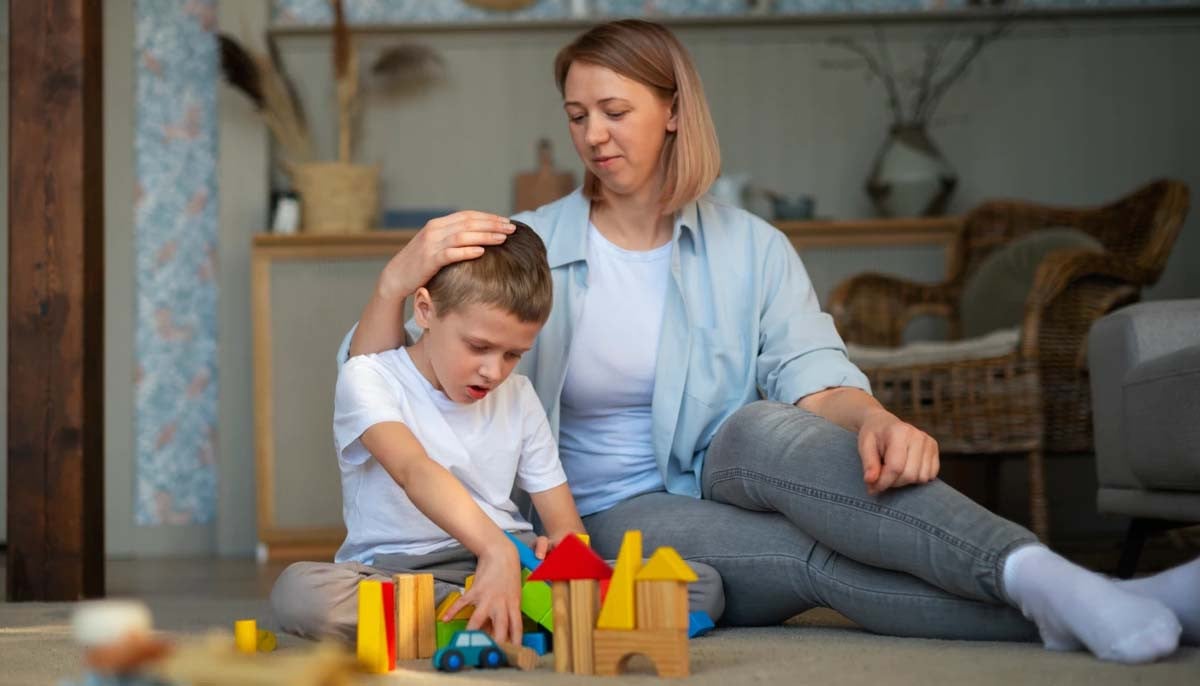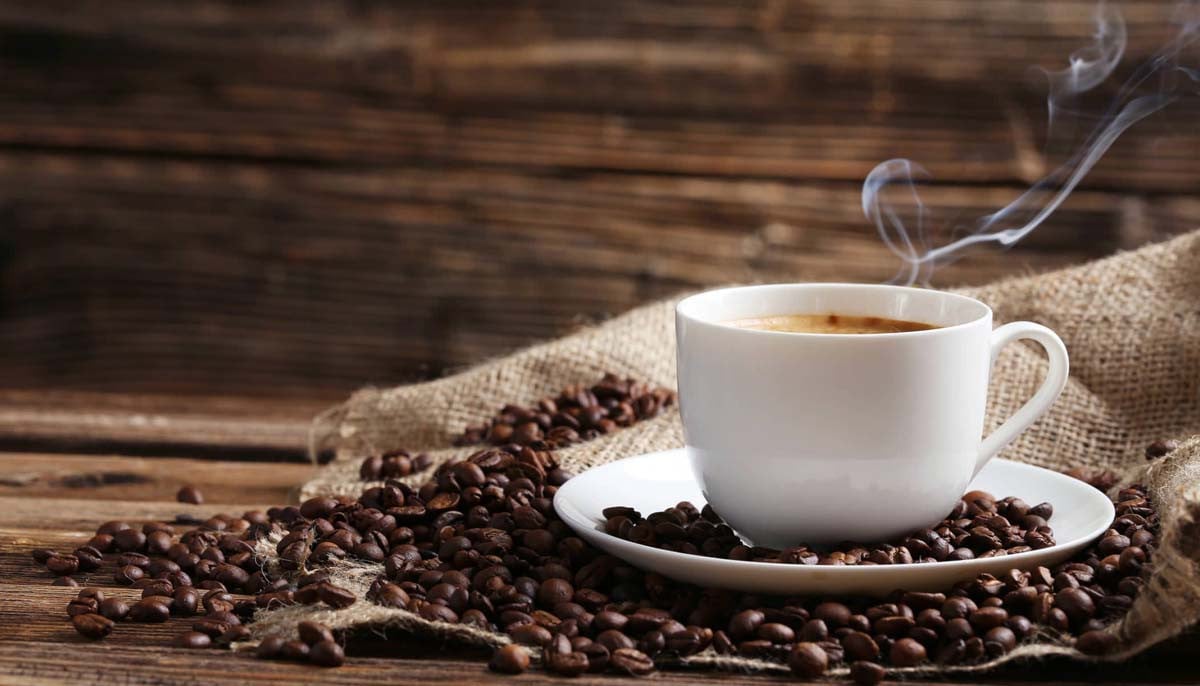Overusage of disinfectants could infect you insead, study
According to research, cleaning other things just requires the same amount of soap and water that people use to keep themselves clean
Many people have used disinfectants to sanitise their homes and workplaces; particularly since the advent of the coronavirus pandemic, the use of disinfectants has drastically increased.
Yet, according to a recent study, we might be overusing them, which negatively impacts our health and the environment.
People, especially mothers, use various kinds of cleaning products to keep bacteria at bay, whether they're wipes or sprays. However, a recent study published in Environmental Science and Technology suggests that overcleaning may need to be reduced, CBS reported.
The majority of antibacterial soaps and cleaning products contain substances known as quaternary ammonium compounds (QACs).
The study found that consuming too much of the active ingredient, which destroys germs, fungi, and viruses, can be harmful to your health.
"They're also very effective, but they're overkill, and they can be irritating to our skin," said Dr Mark Olszyk with Carroll Hospital. He claims that excessive cleaning could be hazardous and breed bacteria with bacterial resistance.
"So you're courting the ones that have built-in resistance, and now you have the opposite of what you intended," he said. "You want to get rid of bacteria. Instead, you created this very highly resistant species of bacteria. That's something you really want to avoid."
Surprisingly, the doctor's recommended method to clean something is just some soap and water.
The things you need to clean yourself in the shower are just as effective in your home, Olszyk says.
"If it's good enough to take care of you in those situations, then it's good enough for food preparation surfaces, the bathroom, the kitchen, and anywhere else," he said.
Additionally, using fewer cleaning supplies would reduce waste sent to landfills and eliminate any exposure that can harm animals, plants, and insects.
-
Antioxidants found to be protective agents against cognitive decline
-
Coffee reduces cancer risk, research suggests
-
Keto diet emerges as key to Alzheimer's cure
-
What you need to know about ischemic stroke
-
Shocking reason behind type 2 diabetes revealed by scientists
-
Simple 'finger test' unveils lung cancer diagnosis
-
Groundbreaking treatment for sepsis emerges in new study
-
All you need to know guide to rosacea












